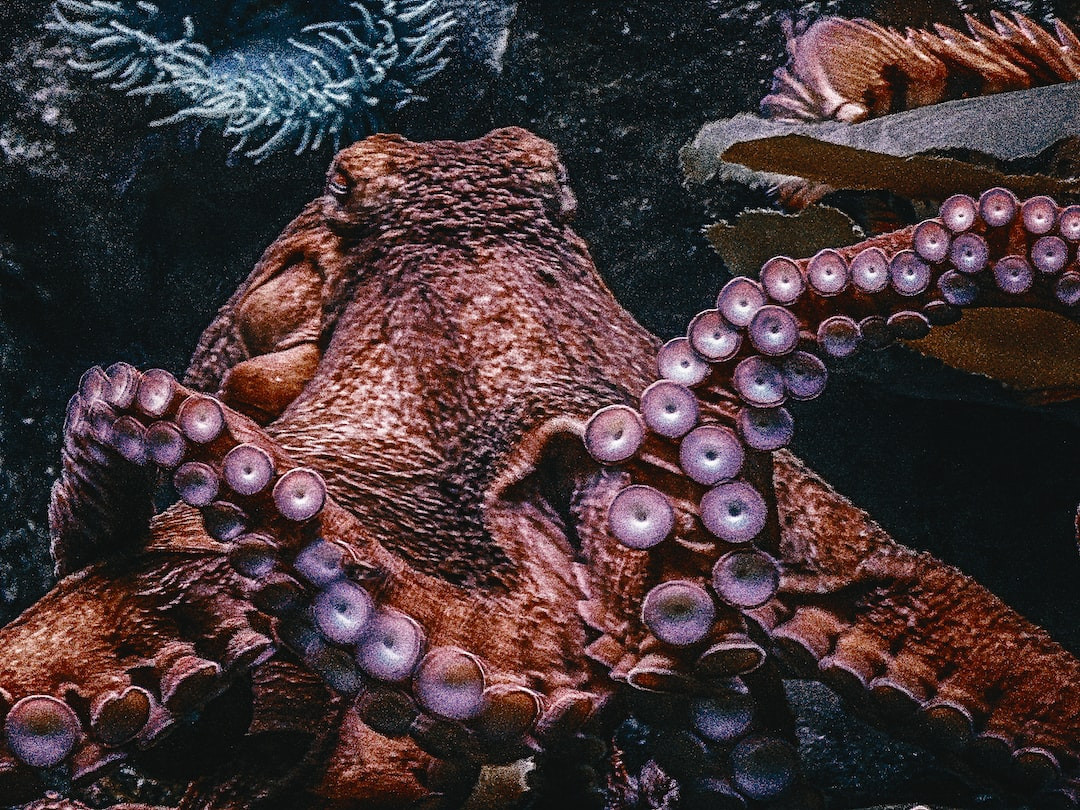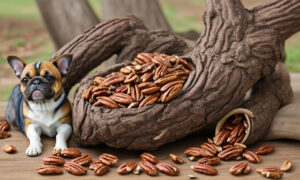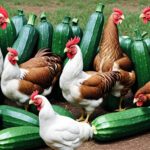As dog owners, we often find ourselves questioning the safety of various human foods for our canine companions. One such culinary curiosity that might tickle your thoughts is whether dogs can savor the taste of the ocean by eating octopus. This marine delicacy is enjoyed by people around the globe, but when it comes to our four-legged friends, seafood safety becomes a primary concern. Let’s embark on an exploration of this topic to unveil the truth about feeding octopus to dogs and how it impacts their well-being.
The Ocean’s Delight: Is Octopus Safe for Dogs?
When contemplating the introduction of new foods into your dog’s diet, careful consideration is essential. The key question here is: Can dogs eat octopus without facing any health issues?
Nutritional Prospects of Octopus for Dogs
Octopus, like many seafood items, is packed with nutrients that can be beneficial for humans. But do these benefits translate to dogs? Let’s find out:
- Protein: Octopus is a lean source of protein, essential for muscle development and repair in dogs.
- Omega-3 Fatty Acids: Known for their anti-inflammatory properties and their role in maintaining a healthy coat and skin.
- Vitamins and Minerals: Provides a variety of vitamins like B12 and minerals such as iron, selenium, and zinc.
Potential Risks When Dogs Consume Octopus
While octopus might seem like a nutritional powerhouse, there are potential risks attached to feeding it to your dog:
- Choking Hazard: Octopus tentacles can be tough and chewy, posing a choking hazard especially for smaller dogs.
- Digestive Issues: Some dogs might struggle to digest this exotic seafood, leading to gastrointestinal discomfort or allergic reactions.
- High Sodium Content: Processed or cooked octopus often contains high levels of sodium, which is not ideal for dogs.
Preparing Octopus for Your Canine: Safety Guidelines
To ensure the safety of octopus as a treat for dogs, proper preparation is critical.
Selecting the Best Octopus
- Opt for fresh or frozen octopus from reputable suppliers to minimize the risk of contaminants.
- Avoid seasoned or cooked octopus that may contain garlic, onion, or spices harmful to dogs.
The Cooking Process
Cooking octopus for your dog should be done with utmost care:
- Boil or steam the octopus without any added seasoning.
- Ensure it is cooked thoroughly to soften the flesh, making it easier to chew and digest.
- Cut the octopus into small, bite-sized pieces to prevent any chance of choking.
Serving Size and Frequency
- Introduce octopus to your dog’s diet in small amounts to monitor their reaction.
- Do not make octopus a staple; it should only be an occasional treat.
Can Puppies Eat Octopus? Age Considerations for Seafood
When it comes to puppies, their dietary needs are even more precise.
The Developing Digestive System
Puppies have sensitive digestive systems that are still maturing. Introducing an unconventional food like octopus might be too much for them to handle.
Portion Control
- For puppies, if cleared by a veterinarian, offer an even smaller piece of octopus to ensure they can manage it without any digestive upset.
Allergies and Young Dogs
- Keep a close eye on your puppy for any signs of allergies or intolerance after ingesting octopus for the first time.
The Alternatives: Dog-Friendly Seafood Options
If you’re hesitant about offering octopus to your dog, there are other seafood options that are generally considered safe and healthy.
Safe Seafood for Dogs
- Cooked salmon (without bones)
- Plain, cooked tilapia
- Deboned, cooked whitefish
Seafood to Avoid
- Raw fish: Can contain harmful parasites.
- Fish with high mercury levels like tuna and swordfish.
- Shellfish, which many dogs may be allergic to.
The Safety Verdict: Can Dogs Eat Octopus?
To sum up, dogs can eat octopus, but there are numerous caveats to consider. It is not the most straightforward treat choice for your dog and should be approached with caution. Here’s what to keep in mind:
- Always prioritize a well-balanced dog diet based on veterinarian recommendations.
- If you choose to feed your dog octopus, do so rarely and in controlled portions.
- Observe your dog closely for any adverse reactions after consuming octopus.
Regular Health Checks
- Maintain regular veterinarian check-ups to ensure your dog’s diet is meeting their nutritional needs without causing any health issues.
Emergency Situations
- If your dog exhibits any signs of distress after eating octopus, such as choking, vomiting, or allergies, seek immediate veterinary attention.
Conclusion: The Complexities of Seafood for Dogs
It’s essential to balance curiosity with caution when introducing new foods like octopus into your dog’s diet. While it may offer some nutritional benefits, the potential risks and necessary preparation steps should not be taken lightly.
Embracing Responsible Pet Ownership
As responsible pet owners, our primary goal is to provide our dogs with a diet that promotes their longevity and happiness. Whether or not you decide to let your dog try octopus, ensuring you do so safely is of the utmost importance. Remember, when in doubt, always consult with your veterinarian to make informed decisions that are in the best interest of your faithful companion.







